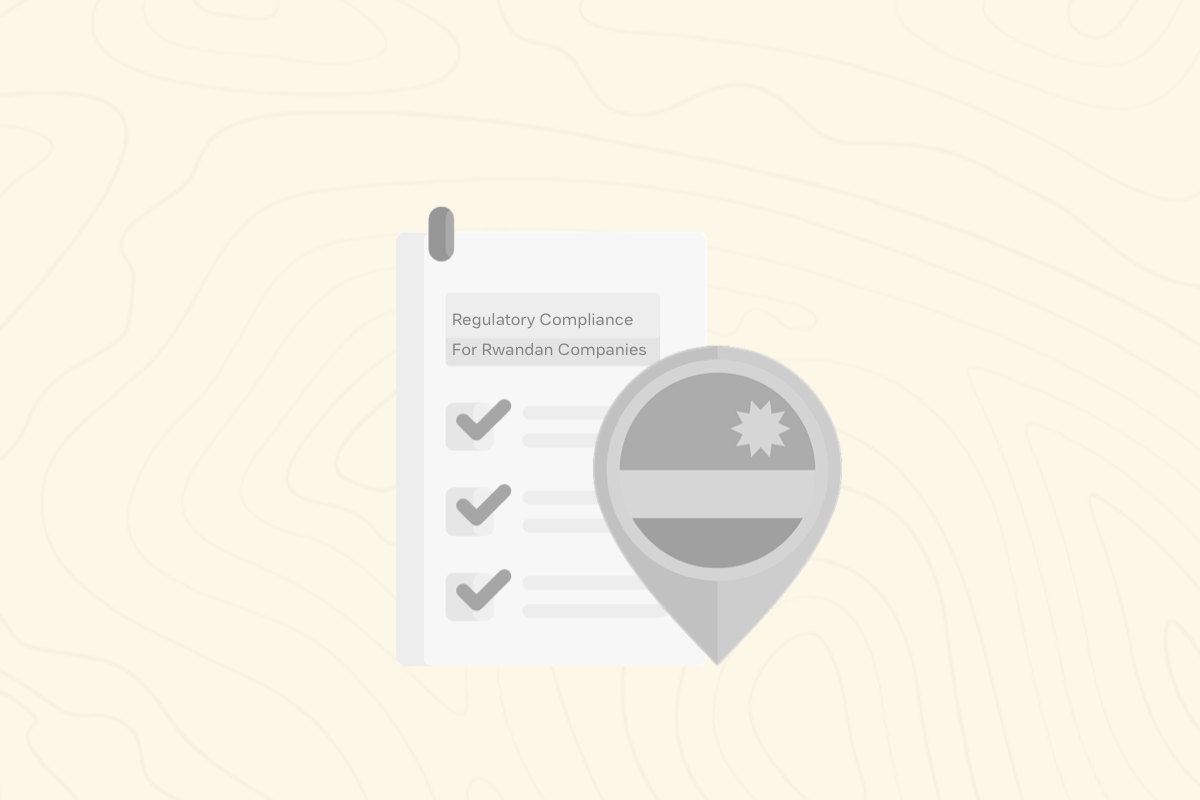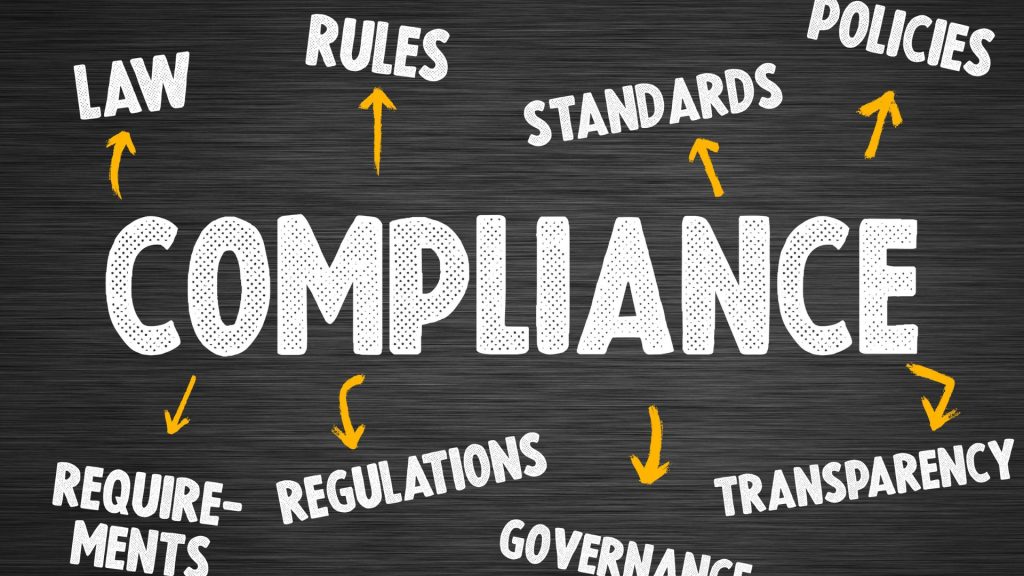Anti-Money Laundering (AML) is a set of regulations and procedures that financial institutions and designated businesses follow to prevent criminals from disguising illegally obtained funds as legitimate income. This is crucial because money laundering allows criminals to enjoy the fruits of their crimes and reinvest their profits into further criminal activities.
Nigeria has taken a strong stance against money laundering and terrorist financing. This is due to the negative impact these activities have on the country’s financial system, economic development, and national security.
The Regulatory Landscape in Nigeria
Several key institutions play a vital role in enforcing AML compliance in Nigeria:
- Central Bank of Nigeria (CBN): The CBN is the primary regulator of the financial sector and issues AML/CFT regulations that all financial institutions must follow.
- Economic and Financial Crimes Commission (EFCC): The EFCC investigates and prosecutes financial crimes, including money laundering.
- Nigerian Financial Intelligence Unit (NFIU): The NFIU is the central body responsible for receiving, analyzing, and disseminating Suspicious Activity Reports (SARs) from financial institutions.
These institutions work together to create a comprehensive framework for AML compliance. Additionally, Nigeria has a robust legal framework that includes:
- Money Laundering (Prohibition) Act (2022): This is the primary legislation outlining money laundering offenses and outlining penalties.
- CBN AML/CFT Regulations (2013): These regulations detail specific AML compliance requirements for financial institutions.
- Other relevant acts: These may include the Terrorism (Prevention) Act and the National Drug Law Enforcement Act, which also have provisions related to financial crimes.
Core AML Compliance Requirements in Nigeria
Financial institutions in Nigeria must adhere to several core AML compliance requirements to effectively combat money laundering and terrorist financing. These requirements are designed to identify and mitigate risks associated with their customers and transactions.
1. Customer Due Diligence (CDD): This is the cornerstone of AML compliance and involves a two-pronged approach:
- Know Your Customer (KYC): Financial institutions must thoroughly identify and verify the identity of their customers, including individuals and businesses. This involves collecting and verifying basic information such as names, addresses, date of birth, and government-issued identification documents.
- Ongoing Monitoring: CDD is not a one-time process. Institutions must continuously monitor customer activity and update their understanding of customer risk profiles. This may involve monitoring transactions for suspicious patterns, verifying any significant changes in customer circumstances, and conducting enhanced due diligence when necessary.
2. Risk Management and Assessment: Financial institutions must proactively identify and assess the money laundering and terrorist financing risks associated with their operations, customer base, and products and services. This risk-based approach allows them to tailor their AML compliance measures according to the level of risk.
3. Suspicious Activity Reporting (SAR): If a financial institution detects any activity that is suspected to be related to money laundering or terrorist financing, they are obligated to report it to the Nigerian Financial Intelligence Unit (NFIU) in a timely manner. SARs are crucial for helping authorities investigate and disrupt financial crimes.
4. Record-Keeping: Financial institutions must maintain comprehensive and accurate records of customer identification information, transactions, and any other relevant data related to AML compliance activities. These records must be kept for a specific period as mandated by regulations.
Importance of AML Compliance in Nigeria
Effective AML compliance is critical for both financial institutions and Nigeria’s financial system as a whole. Here’s why:
- Protection for Financial Institutions: By implementing strong AML controls, financial institutions can safeguard themselves from being used to launder money or finance terrorism. This helps them avoid hefty fines, reputational damage, and potential loss of licenses.
- Safer Financial System: Widespread AML compliance across the financial sector discourages criminals from using Nigerian institutions for illicit activities. This fosters a more secure and stable financial environment, promoting trust and attracting legitimate investments.
Conclusion
Nigeria has made significant strides in establishing a robust AML framework. Through the collaborative efforts of regulatory bodies, financial institutions, and the public, the fight against money laundering and terrorist financing continues. As criminals develop more sophisticated methods, Nigeria remains committed to adapting its legal and regulatory framework and fostering a culture of AML compliance within the financial sector.



